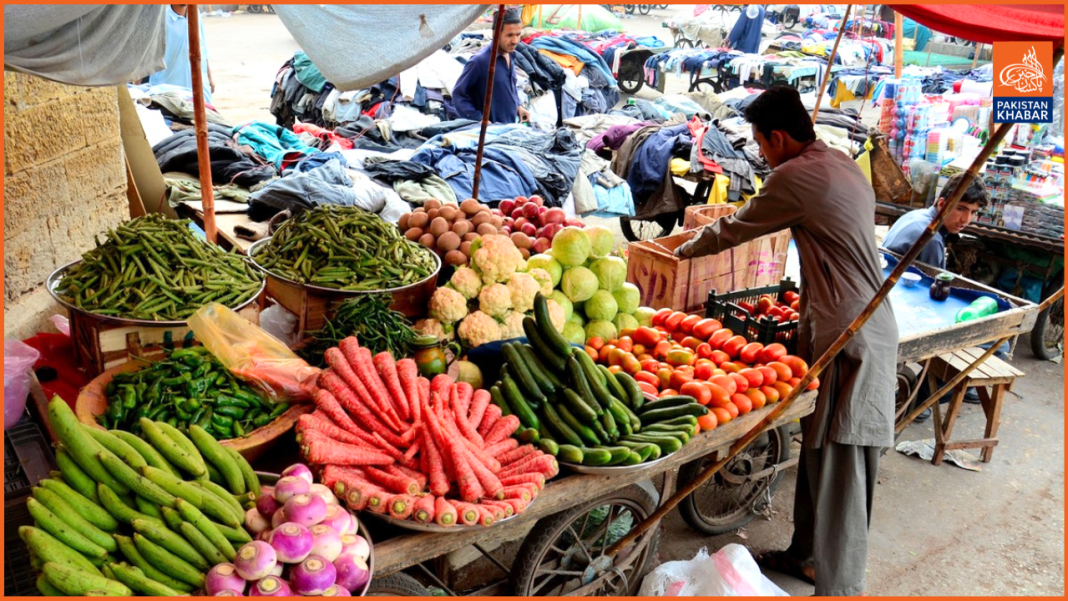ISLAMABAD: Short-term inflation, as measured by the Sensitive Price Index (SPI), saw a modest increase of 1.90% year-on-year for the week ending January 9. This is the lowest rate recorded in recent times, primarily due to a drop in the prices of perishable food items, according to official data released on Friday.
For the second consecutive week, SPI-based inflation has shown a downward trend following a three-week rise. Week-on-week, it decreased by 0.65%, reflecting a notable reduction in the prices of essential vegetables such as tomatoes, onions, and potatoes, along with a slight drop in the prices of rice and pulses.
Among the items that saw a week-on-week price reduction were tomatoes, which fell by 31.40%, followed by potatoes with a 10.36% decrease, and eggs, which dropped by 5.96%. Other items that saw a decline in prices included pulse gram, onions, basmati rice, IRRI rice, pulse mash, and LPG.
On the other hand, several items experienced price hikes compared to the previous week. These included pulse moong, which rose by 2.56%, cooking oil (5-litre) up by 1.56%, sugar (1.23%), chicken (0.80%), and vegetable ghee (1kg) at a 0.61% increase. Other items such as bread, vegetable ghee (2.5kg), washing soap, garlic, and firewood also saw minor increases.
Looking at the annual changes, some of the highest price increases were seen in ladies sandals (75.09%), potatoes (58.76%), pulse gram (42.11%), pulse moong (34.15%), and powdered milk (25.76%). Meanwhile, the prices of essential items like onions, wheat flour, eggs, and petrol saw significant decreases.
This shift in inflation trends, particularly with the decline in prices of key food items, offers a glimmer of relief for consumers after a period of rising costs.




